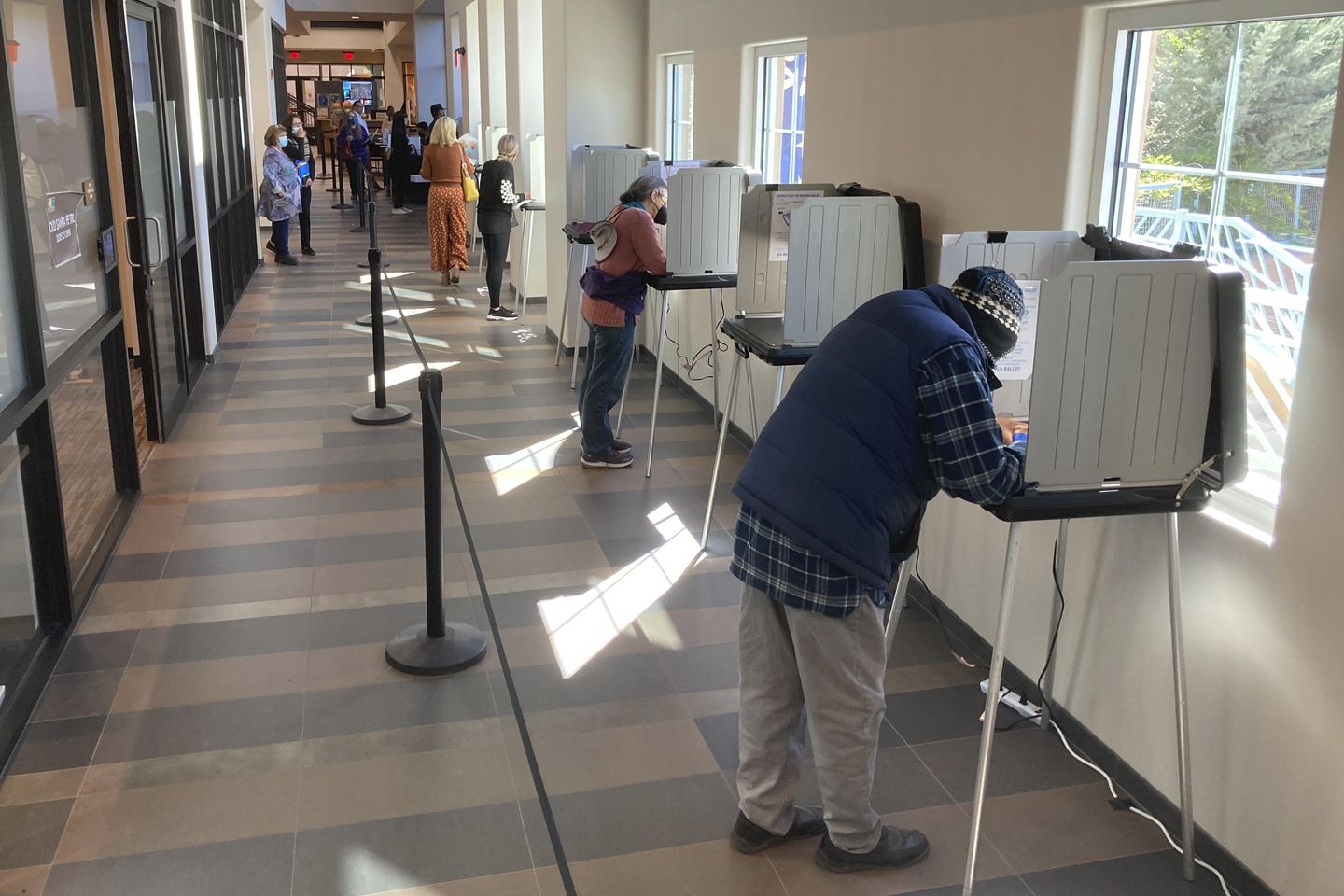
A federal judge issued an injunction Thursday blocking key parts of President Trump’s executive order tightening rules on voting, including provisions requiring people to provide proof of citizenship before registering to vote using a federal form.
Judge Colleen Kollar-Kotelly, a Clinton appointee to the court in the District of Columbia, said those decisions can be made by Congress, or by the Election Assistance Commission. But she said the president can’t “unilaterally mandate” it.
Our Constitution entrusts Congress and the states — not the president — with the authority to regulate federal elections,” the judge concluded.
But she did deliver some victories to Mr. Trump, ruling it was “premature” to challenge other parts of his executive order that punish states for counting ballots received after Election Day.
Mr. Trump’s March 25 executive order, “Preserving and Protecting the Integrity of American Elections,” would be the largest change to federal election rules in decades.
It carried out some of Mr. Trump’s biggest complaints with elections over the last decade — that noncitizens have flooded voter rolls and that states are abusing Election Day by allowing mail and absentee ballots to be received and counted for days after the voting is supposed to be over.
“The right of American citizens to have their votes properly counted and tabulated, without illegal dilution, is vital to determining the rightful winner of an election,” the president said in the order.
Immigrant and voting-rights groups saw the order as the most intense attack on voting rights in decades. They said it chased after a largely nonexistent issue in noncitizen voting, and would disenfranchise many voters if post-Election Day ballots were to be discounted.
They cheered the ruling as a significant blockade on Mr. Trump’s hopes.
“This ruling is a resounding victory for democracy and the rule of law,” said Norm Eisen, a former White House ethics official and co-founder of the State Democracy Defenders Fund. “No president can trample the Constitution to impose anti-voter restrictions.”
The biggest battleground in Thursday’s ruling was over proof-of-citizenship and the federal voter registration form, a standardized form required by the 1993 National Voter Registration Act, or “Motor-Voter” law.
Government agencies, such as motor vehicle bureaus and Social Security offices, are required to make the form available to those that seek to use their offices.
Mr. Trump ordered the EAC, which oversees the form, to require those using the federal form to show proof of citizenship before their registration can be accepted.
He also ordered federal agencies to “assess” citizenship before giving forms out to those who appear in their offices.
Judge Kollar-Kotelly said the Constitution gives states the power to determine voter qualifications and gives Congress power to check that authority when it comes to federal elections.
“The Constitution vests none of these powers in the president,” she said.












